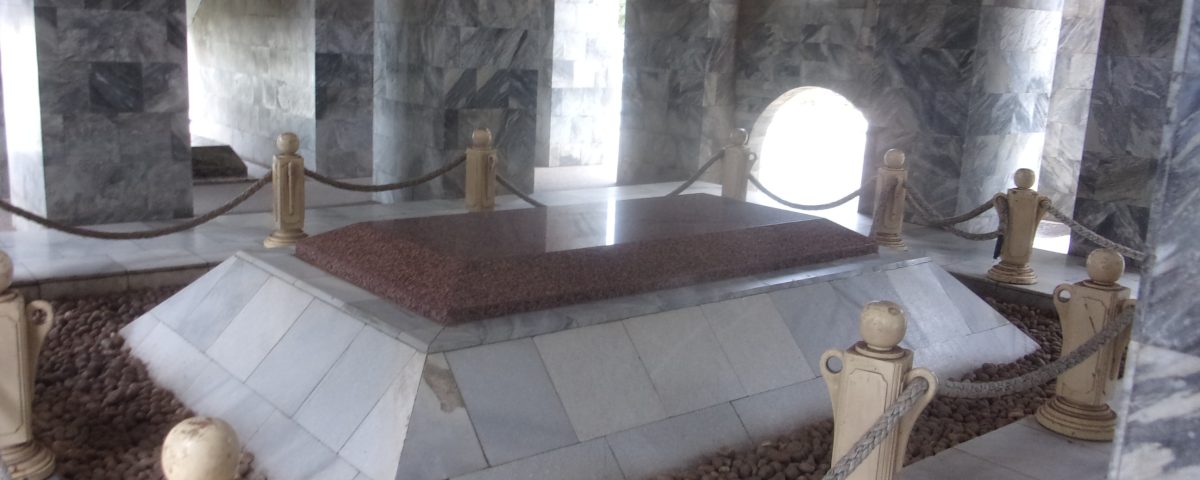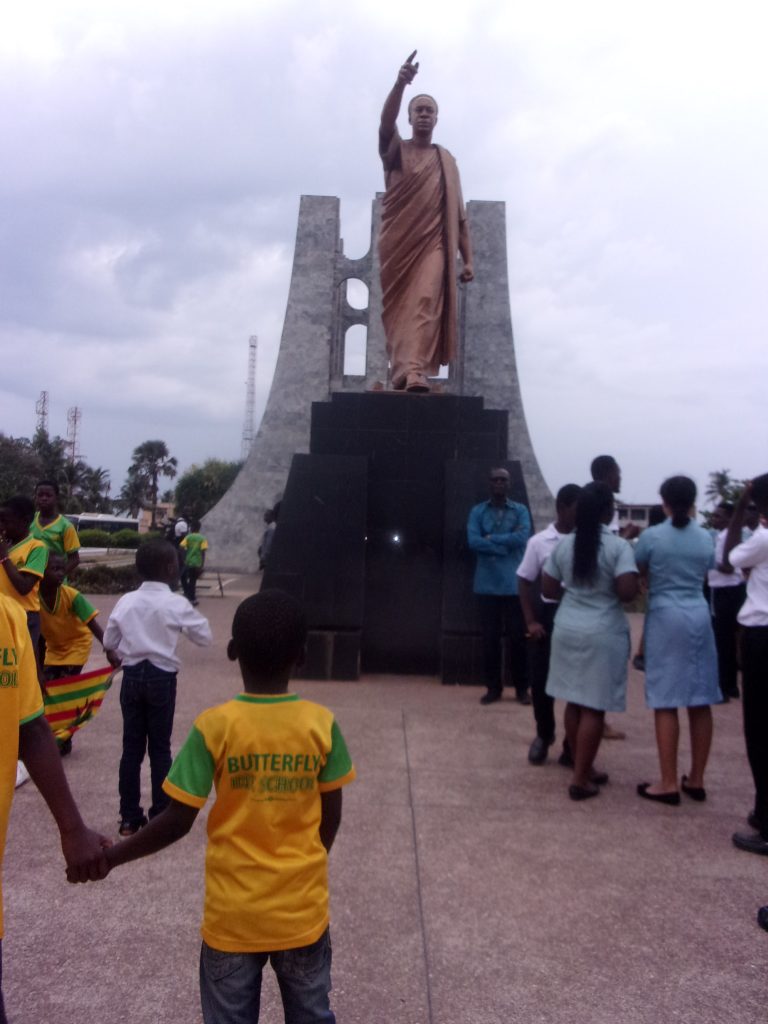Historic AFCON (Part Eleven)

Historic AFCON (Part Ten)
January 14, 2024
The Elephants Signal AFCON Intent
January 14, 2024Historic AFCON (Part Eleven)

KODAK Digital Still Camera
By Satish Sekar © Satish Sekar (January 13th 2024)
Coups, Failed Coups and More Coups
On January 13th 1972 Ignatius Acheampong ended Ghana’s Second Republic by overthrowing Prime Minister, Kofi Busia. Brigadier Akwasi Afrifa had served as interim President after playing a crucial role in the February 24th 1966 coup d’état that overthrew the African icon Dr Kwame Nkrumah.
Just over a year later his co-conspirator Colonel Emmanuel Kotoka was killed by Lieutenant Moses Yeboah in a coup attempt – Yeboah and fellow Lieutenant Samuel Arthur were executed for their role in that coup attempt on Afrifa’s orders – Chairman of the National Liberation Council (NLC) – Joseph Ankrah was allowed to escape by Ebeneezer Osei-Poku, which ensured the failure of the coup attempt.
Ankrah lasted a couple of years before a bribery and corruption scandal forced him to resign. He was replaced by Afrifa – Busia became Prime Minister under his rule. After a short term as President, Nii Amaa Ollennu, was replaced by Edward Akufo-Addo, father of the current President of Ghana.
Busia failed on and off the pitch. Economic failure and corruption – the usual justifications for coups served as the basis for removing Busia. The Ghanaian military loomed large in its politics. Nkrumah was overthrown after almost a decade in power – Ghana had become a one-party state, and accusations over a him becoming a dictator were rife, but the military clung to power for half a decade and did not allow the civilian Prime Minister to complete his term.
Olympio’s Outrage

As both Ghana and Togo were gearing up for independence a row erupted over whether the two countries should merge, or whether the Ewe, who occupied part of both British and French Togoland should unify – Nkrumah suggested that the countries should merge while Sylvanus Olympio wanted independence with Ewe unification. A plebiscite in the Gold Coast in 1956 rejected Olympio’s dream, and Olympio rejected Nkrumah’s dream.
Olympio was outraged. “We don’t want full independence and later be sold to another power,” he said. “We want full independence to be on our own as Ghana is on her own.
“It is clear that Dr Nkrumah believed that the only valid formula for unity among West African countries is integration, but I am sorry to say that Comrade Nkrumah must realise that the era of territorial expansion is well and truly passed.
Olympio won that tussle but at a very high price – he never trusted Nkrumah again and viewed his Pan-Africanism as a sham.
Olympio served won an election in 1958 and formed a government, steering the country to independence in 1960. He remained as President of Togo until he was assassinated during a military coup in 1963.
The coup ought to have failed, as Olympio managed to escape into the grounds of the USA’s Embassy, which was next door. He was murdered by the coup plotters. Olympio’s relationship and attempt to control Togo’s military cost him dear. He was captured after the US Ambassador Leon Polluada declined to enter the Embassy, fearing that armed men outside would ransack it.
They entered in Polluada’s absence and shot Oympio dead. Étienne Gnassingbé Eyadéma later claimed that he had been the soldier who shot and killed Olympio on January 13th 1963.
It cost Africa dear. It wasn’t the first coup in Africa, but it was the first that murdered the coup’s target – that ushered in the era of coups in Africa.
Olympio had refused to integrate former soldiers who had fought for France into the Togolese army. The disgruntled former soldiers, led by Emmanuel Bodjollé, imposed their wishes on the country. Olympio became the first African Head of State to be assassinated during a coup. Some even suspected Nkrumah of organising the murder of Olympio – there is no evidence to support this suggestion.
The former soldiers integrated themselves into the army and installed Olympio’s brother-in-law and political opponent, Nicolas Grunitzky, as the new President in April 1963. Gnassingbé Eyadéma, who had helped to overthrow Olympio, soon grew disgruntled and overthrew Grunitzky in April 1967. Eyadéma became President, and Defence Minister, of Togo in 1967 – remaining in both positions until his death in 2005. He was succeeded by his
Meanwhile, unbeknown to Nkrumah, Ghana would have problems with its military too. In 1958 Erasmus R T Madjitey became the first Ghanaian to be appointed Commissioner of Police. He was succeeded by John W K Harlley in 1964. Harlley remained in that post until 1966 – it was replaced by the new position of Inspector General of Police – and he took that position. Harlley was deeply involved in the February 1966 coup against Nkrumah. Harlley was one of the eight leading members of the National Liberation Council – he played a crucial role in the February 1966 coup. He went on to become Vice Chairman of the NLC, and after the resignation of Ankrah in 1969 he was one of the Presidential Commission with Lieutenant General Albert Ocran and Afrifa until Busia took power in 1970.
Football was not a priority, or so it seemed.
Acheampong’s Gamble
Kofi Busia could not solve Ghana’s problems. He had participated in the NLC, and later became Prime Minister. He had presided over football shame – the first failure of the Black Stars to reach the main event since 1962, which had happened because Ghana lost the drawing of lots to Nigeria. Busia was overthrown on January 13th 1972 while he was abroad getting treatment. He had benefited from a military coup, but would suffer from one too.
With Busia in exile Ignatius Kutu Acheampong had to govern. He led the National Redemption Council. He soon had to deal with a hot potato – Nkrumah was dying and wanted to return to Ghana to die. Acheampong refused. Nkrumah died in Bucharest in April 1972. His body was returned to Conakry. Eventually his body was returned to Ghana and was buried in his place of birth – it was eventually moved to Accra. It lies in the Nkrumah Mausoleum.
Afrifa was Acheampong’s deputy. Acheampong knew that coups giveth and coups taketh away. It was a risky business even if power was seized, but Acheampong believed in football even if it took years to demonstrate.
In 1973 Ghana failed to qualify for Ethiopia’s third AFCON, after scraping through the first round against Sénégal on penalties before losing 4-0 on aggregate to la Côte d’Ivoire in the second round. Two years later they were eliminated in the second round by eventual winners, Morocco on penalties – unfortunate perhaps, but the African team of the 1960s had failed to qualify thrice in a row. That was unacceptable.
Acheampong decided to take a huge risk. He became the first Ghanaian leader since Osagyefo to break with the use of foreign coaches, and trust the Black Stars’ best chance to win the coveted third title to a Ghanaian coach. If it backfired, it would cost him dear, and he knew it. Ghana had to win, especially as the usual problems were asserting themselves again. The stakes could not have been higher.


